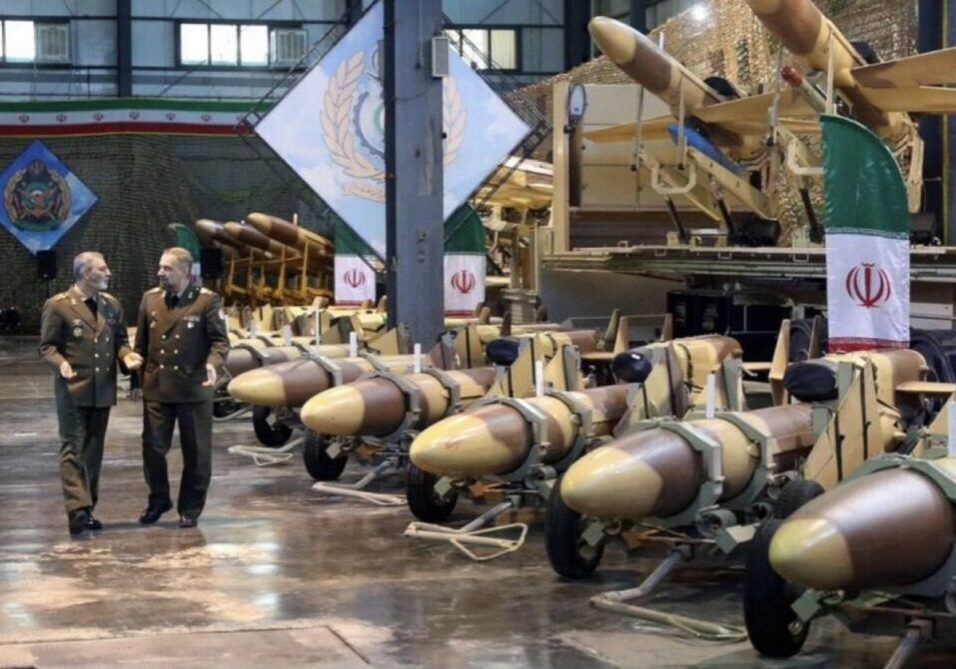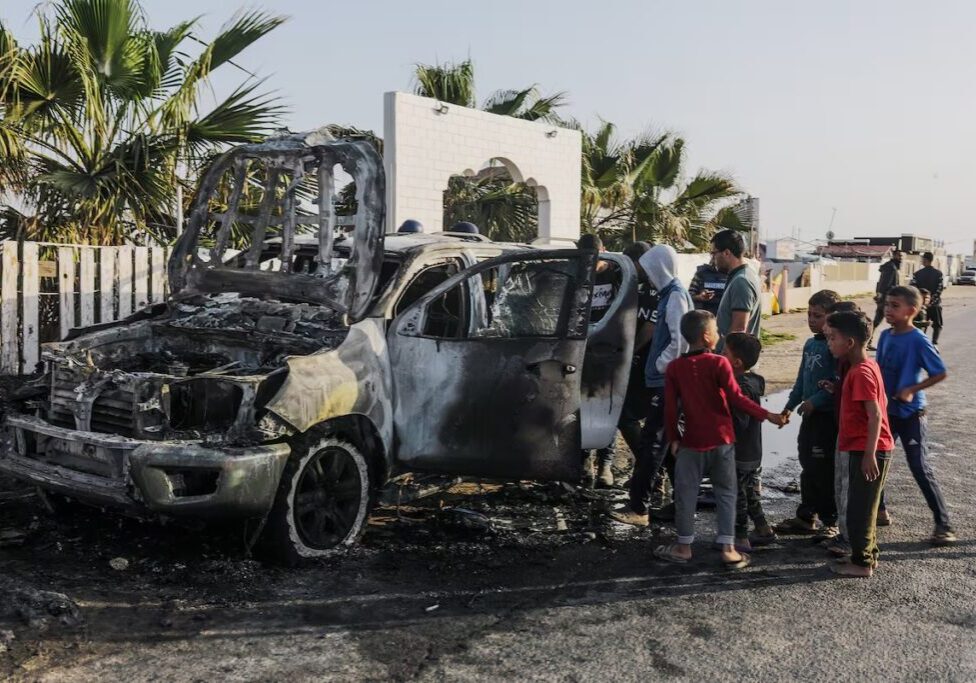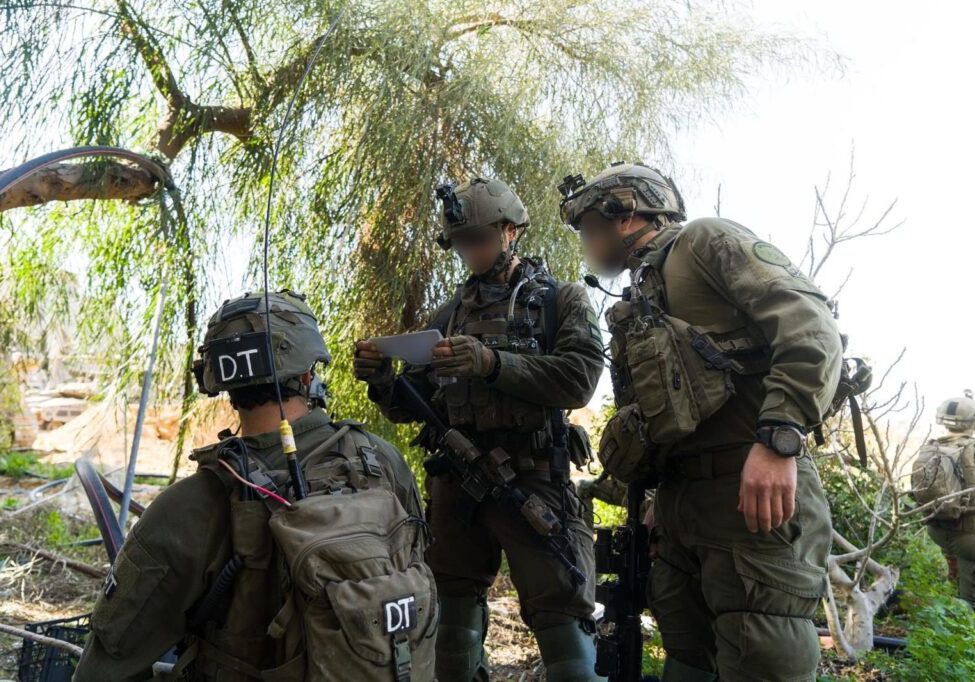Australia/Israel Review
Editorial: Terror and its Root Causes
Aug 1, 2005 | Colin Rubenstein
Some people believe that Islamist terrorism is the fruit of unaddressed Muslim grievances that fester into support for violence. Therefore, they conclude, the “real” solution to terrorism is to cure Muslims of their sense of victimisation with policies they approve – pulling out of Iraq, “solving” the Israeli-Palestinian conflict, providing economic aid to deal with Middle Eastern economic backwardness, and so on.
This is also the solution frequently offered even when it is revealed that some economically comfortable, apparently integrated, Muslims in Western societies are not only openly identifying with the terrorists but as we saw in London, capable of perpetrating mass murder in the name of Islam.
This theory of unaddressed grievances is superficially plausible, but it is notably wrong for at least two important reasons:
1. It fundamentally misunderstands the causes of the anger and despair that leads Middle Eastern and other Muslims to perpetrate or support terrorism;
2. It is wildly unrealistic about the extent to which Western policies can affect public opinion in the non-democratic nations of the Middle East.
It is certainly true that Muslim terrorists and their supporters point to a variety of complaints that, they argue, prove Western enmity. But these grievances are actually the symptom of a much deeper problem. This is easy to prove by looking more closely at some of the issues raised by terrorists and their supporters, such as the loss of Spain in 1492, the Crusades even earlier, as well as the widespread myth that the September 11 attacks were actually a US or Israeli conspiracy.
In reality, these grievances are actually the expression of a larger crisis of identity and confidence. As the renowned Middle Eastern historian Bernard Lewis has pointed out, Muslim civilisation is aggrieved and confused because of an unexpected reversal of fortune that began in the sixteenth century. The historical Muslim empires of the Middle East were confident societies, which long led the despised Christian West in terms of the sciences and economic well-being, as well as military power. As part of their understanding of their own religion and history, they fully expected to remain number one indefinitely, but the past two centuries of contact with the West showed dramatically that the Middle East has fallen far behind in all these indices. The resulting trauma led to an ongoing struggle amongst Muslims to explain, as Lewis termed a recent book, What Went Wrong?
This civilisational crisis has been further complicated by the revolutionary Arab nationalism that captivated the region in the aftermath of colonialism. This ideology caused the Middle East to be dominated by a totalitarian model that destroyed traditional freedoms and stifled economic possibilities. Even worse, nationalist leaders like Nasser educated generations of Arabs to oppose commerce, personal initiative, Western science and technology and compromise — all the things needed to benefit from and accommodate the challenges and problems of the modern world.
Al-Qaeda terrorists are Islamists — people who argue that Muslims erred by straying from the pure Islam of the prophet Mohammed’s times. A return to that society, under a universal Muslim ruler or Caliph, will fix all Middle Eastern problems, they believe. Achieving that state is a divine commandment, and anyone standing in the way of their version of the pure Islamic society is opposing God’s will and deserving of death. Moreover, Islamists typically argue that death in this world is relatively insignificant, given the greater importance of an eternal afterlife.
Real Islamist grievances include seeing unveiled women, human rights, the existence of Jewish people as well as the Jewish state, and democracy, which is felt to impede the imposition of a purely Islamic society. However, they are not above exploiting other grievances made popular by the revolutionary nationalists.
It is absolutely clear that there is no straight line between grievance, injustice, or deprivation, and terrorism. Otherwise, where are the sub-Saharan African suicide bombers or the Tibetan terrorists, where was the African-American terrorism in the old ‘Jim Crow’ American south?
No, the crucial ingredient for terror is not grievance and injustice, but culture and ideology. People who kill to make a political point have to be taught to do so — they have to be given a worldview where such evil is presented as securing a greater good.
Meanwhile, those who argue that the London attacks were a response to the war in Iraq should note that both September 11 and the Bali attacks were perpetrated before that war. It cannot be plausibly argued that al-Qaeda would have been either completely dismantled or would have voluntarily stopped doing what it was already doing — planning large-scale murderous attacks on Western civilian targets like London — if the Iraq war had not gone ahead.
Of course, a resolution to the Arab-Israel conflict is extremely desirable. But those who argue that it would solve the problem of Islamist terror need to be reminded that the September 11 attacks were planned during the Clinton administration, when the US was making an unprecedented all out effort to find such a resolution. It should also be pointed out that no resolution is likely to satisfy the current Muslim and Arab sense of grievance over the issue. Even if a viable two-state solution were found tomorrow, the Arab Middle East has been taught for too long that Israel’s existence is an intolerable affront. Moreover, too many are convinced that an impossible “right of return” to Israel for all descendants of Palestinian refugees is an absolute legal entitlement. Given this, it is inevitable that any realistically conceivable peace deal will be attacked and exploited as a grievance by Palestinian and other radical groups for decades to come.
Furthermore, it should be noted that actual policies have very little effect in the non-democratic societies of the Middle East, where almost all information is controlled by either the state or radical opposition groups. Middle East regimes are masters at distorting outside policies and initiatives to serve their interests. Maintaining a sense of grievance against outside parties helps keep them in power. Therefore, it is almost impossible to conceive of any change of Western policy that would, in itself, significantly lessen the widespread popular sense of grievance in the Middle East.
Only democratisation can do this. Democracy opens up information sources, provides other outlets for dissent and anger, promotes economic growth and encourages a culture of compromise and pragmatism. Studies also show that terrorism is strongly correlated with a lack of political freedom (but has almost no relationship with poverty).
The key to democracy is dealing with the entrenched autocratic order in the Middle East. All signs are that the removal of Saddam Hussein has uncorked a wave of interest in democracy across the region. Now we must ensure the Iraqi experiment succeeds – in the face of terrorist opposition from international Islamists, aided by the regimes of Syria and Iran, who oppose democracy in Iraq because it threatens them. This is the only practical way to marginalise the radical Islamist ideology that is the real root cause of terrorism.
And here in Australia, the key to combating Islamist extremism lies in the principled, rigorous implementation of Australian multiculturalism in the complete sense of the policy. Australian multiculturalism differs from the more recent British policy of the same name in at least one vital respect. For years, many in the UK have adopted an ‘anything goes’ policy that tolerates extremist groups that openly advocate jihad against Britain’s society and government. This ill-advised laxity has come back to haunt London with a vengeance.
By contrast Australian multiculturalism has never been based on “anything goes” but has always not only provided rights, but has imposed responsibilities as well. While ethnic minorities are encouraged to foster their languages, religious beliefs and customs, like all other Australians, they are also required to endorse core Australian values of democracy, rule of law, tolerance, mutual respect and the importance of English. And in any conflict, these Australian values and laws must prevail.
Australian multiculturalism shows no tolerance for intolerance, and it does not shield those who seek to subvert its core principles from public criticism and legal sanction. Democracy is not a suicide pact, and Australia needs to support our moderate Muslim leadership in enforcing our laws to defend the principles of liberty and mutual respect that form the foundations of Australia’s democracy, and its offshoot, our largely successful multicultural policy and society.
COLIN RUBENSTEIN
Tags: Islamic Extremism






